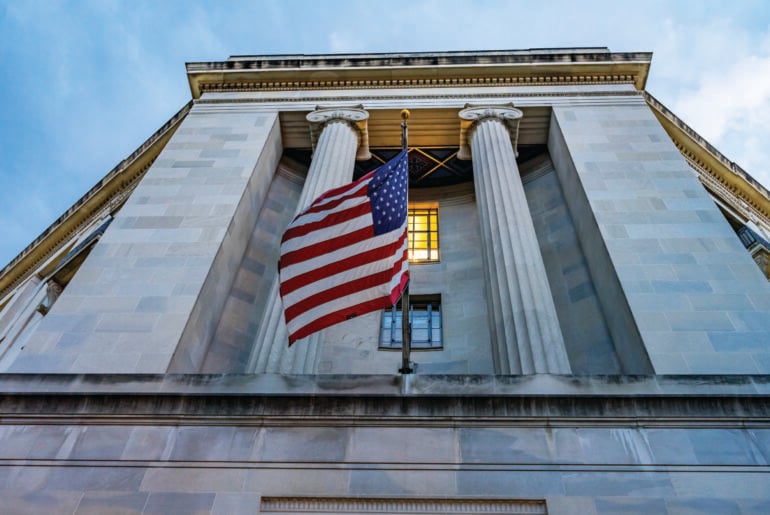In brief The Canadian Competition Bureau (“Bureau”) has announced a significant initiative to explore the impacts of artificial intelligence (“AI”) on competition in Canada. On 20 March 2024, the Bureau published a discussion paper, entitled “Artificial intelligence and competition” (“Discussion Paper”), and has requested feedback from the public. The Bureau is seeking to better understand how AI can affect competition in Canada. It is also seeking to determine how it can better prepare to address…
In brief At the end of March, the Antimonopoly Committee of Ukraine (“AMC”) published its Annual Report for 2022 (“Report”). The full-scale russian invasion caused significant damage to Ukraine’s economy. Thus, in 2022, the AMC focused on markets that are strategically important for the country, including the markets for: (i) electricity, (ii) natural gas, (iii) light oil products, (iv) housing and communal services, (v) construction materials (i.e., cement), (vi) medicines, (vii) real estate, (viii) information…
In brief The Antitrust Division of the Department of Justice (DOJ) announced that it reached a settlement in its litigation challenge against ASSA ABLOY AB’s (“Assa Abloy”) proposed USD 4.3 billion acquisition of Spectrum Brand Holding Inc.’s Hardware and Home Improvement division (“Spectrum”). [1] The settlement, which came in the middle of trial and is now subject to court approval, is the first negotiated settlement under DOJ Assistant Attorney General Jonathan Kanter. Notably, comments from the…
Twenty six countries now authorize private civil damage actions for antitrust/competition law allegations. In several of these countries, claims may proceed as class or collective claims. Litigation strategy requires accounting for all claims, and coordinating them with regulatory investigations by government antitrust authorities. Consistency in approach, while dealing with the requirements of local laws, can be key to resolving antitrust matters for global companies. Our Global Guide to Competition Litigation (2016) helps to orient you…
UNITED STATES – The Multistate Antitrust Task Force of the National Association of Attorney Generals (“NAAG”), the non-political organization of US state attorneys general that coordinates joint multistate and federal-state investigations and litigation, has created a new committee to examine class action settlements reported to the states under the Class Action Fairness Act, and specifically to examine whether companies may be using class action settlements to avoid antitrust enforcement actions that might otherwise be brought…
UNITED STATES – 2015 marks the 30th anniversary of the U.S. Supreme Court case that impacted the way courts determine class certification claims by indirect purchasers under state antitrust laws. Under Phillips Petroleum Co. v. Shutts, 472 U.S. 797 (1985), the U.S. Constitution’s Due Process Clause and Full Faith and Credit Clause require that state law cannot be automatically applied to each claim brought by a class comprised of multistate members. In most cases, this…


